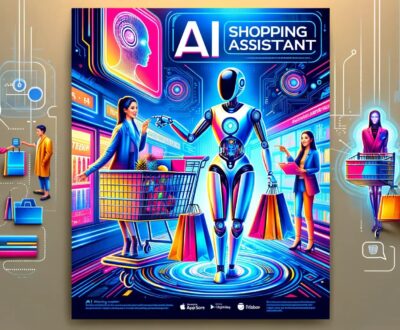What's the difference between marketing on Facebook and selling on Facebook? Which is more effective and why? Here are a few insights to help you with your social media marketing strategy.
First of all, there is a difference between personal Facebook profile pages and Facebook pages for business. If you market using a personal profile page, you run the risk of having that profile get shut down without warning. So do the core of your marketing using a business page, and it's OK to share links from your business page on your personal page, but keep the personal page more personal.
The fastest-growing demographic (if I must use marketing-speak when talking about real people) on Facebook is the over-55 crowd. Many are using Facebook primarily to connect with friends and family, but they can also be prospective clients or customers for a business, potential friends, and maybe even deeper relationships. And if they like a service or business, they tend to tell their friends, particularly if they’ve had an outstanding experience or got a great deal (or, even more so, if they had a really bad experience or felt ripped off or overcharged).
People on Facebook do spend money, but they don't necessarily spend it on Facebook.
From my experience and what I've read in numerous studies, white papers, etc., social media is not the ideal place to sell - it's a place to establish and/or deepen a relationship. Then, for those who are prospective clients: lead them to your website or some other more appropriate venue to sell. We've all seen companies and people shamelessly self-promoting and spreading the hard sell to everyone possible, like a farmer spreading manure across his fields. Sometimes this even takes place in that annoying all-caps style (oR wOrSe YeT, tHiS rEaLlY aNnOyIng MuTaNt CaPiTaLiZaTiOn). But that doesn't work nearly as well as establishing a relationship and encouraging those who are interested to visit you outside of Facebook where the business relationship can take place in a more appropriate venue. I've made mistakes myself in being too "salesy" on Facebook and other venues, but I have learned from that. There is a very good reason why these are called SOCIAL networks and not Sales Pitch Networks.
Yes, Facebook is an easy, cost-effective way to reach a lot of people with little effort, but if you're sending the same sales pitch to all of your friends, fans, group members and so on 3+ times a week, people quickly tire of this and will opt out by "de-friending" you, blocking you, or even reporting you as a spammer. So tone down the sales pitch and remember that these are real people you can connect with - not just faceless numbers in your sales funnel.
Particularly for those marketing a product or service, Facebook isn't the destination. It is a way to connect. People really do tend to buy from those they know, like and trust. Facebook is one way to get to know people, decide whether you like them, and build trust, but the actual business does tend to take place elsewhere.
Facebook advertising has its advantages and disadvantages, and it is still evolving. One key advantage Facebook ads have over Google AdWords and many other pay-per-click (PPC) ads is targeting. Because Facebook has so much data on each user, advertisers have the ability to target their ads in a very granular way. For example, if you want to only show your ads to 45-55 year-old women who have cats and play tennis, you can do so. Or if you want to only advertise to 30-40 year old single men who like science fiction and video games, you can do that as well.
The most successful advertisements on Facebook are those that encourage you to join a group, attend an event, or "like" a page, which is a part of getting to know the advertiser. Lots of the ads directly selling something tend not to stay up for very long because they're just not as in tune with what Facebook is really all about - connecting, not selling. That said, Facebook can be a great way to spread the word and grow initial interest about a topic, product or service, but the overt selling seems to work best elsewhere. Yes, there is a Facebook Marketplace, but I think that's more of a tangential option than the real core of this, the world's currently most popular social network.
For evidence of this, just look at what Facebook asks on your profile page: "what's on your mind?" It doesn't ask "what do you want to sell?" or "what do you want to buy?" or "who is your target market?" It's about sharing. And the best sales take place when someone has something to offer that is of true benefit to what someone else needs. Maybe what one person has on their mind is "what's the best solution to the problem I'm having?" and someone else has that perfect solution - connect and make it a win-win, but forcing your solutions on people who don't even have the problem that it solves is a waste of time and effort.
So, what's on your mind?
This is author biographical info, that can be used to tell more about you, your iterests, background and experience. You can change it on Admin > Users > Your Profile > Biographical Info page."
About us and this blog
We are a digital marketing company with a focus on helping our customers achieve great results across several key areas.
Request a free quote
We offer professional SEO services that help websites increase their organic search score drastically in order to compete for the highest rankings even when it comes to highly competitive keywords.





